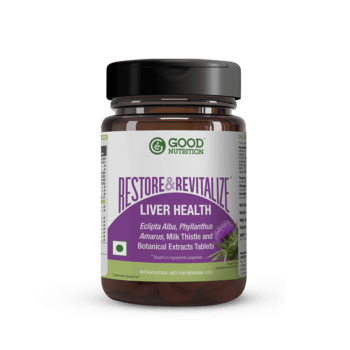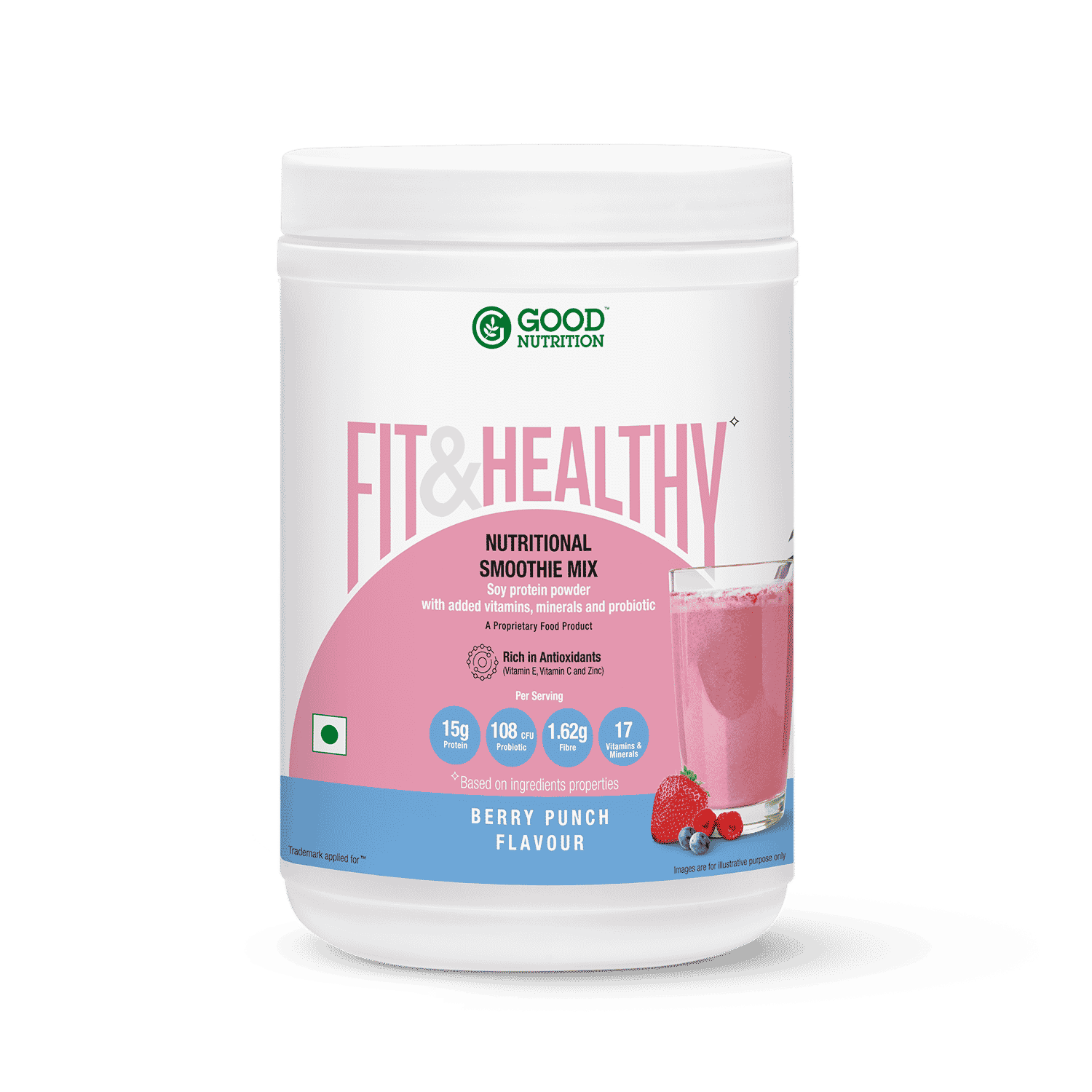About Gut health
Are you suffering from lack of sleep, constant fatigue, or food allergies? These are some of the classical signs of gut problems and our focus should be to maintain a healthy gut.
The gut or gastrointestinal tract is the passage/tube that starts from the mouth and ends at the anus, where the digestion and absorption of nutrients occur followed by excretion of waste.
A healthy gut is extremely essential for the maintenance of overall health. There are trillions of bacteria in the gut known as the gut microbiome, which is primarily responsible for regulating inflammation and immunity.
Poor food choices can disrupt the normal balance of gut flora leading to inflammatory changes and making you prone to develop diseases. Gut health has been linked with the immune system, mood, and mental health. Poor gut health is also seen to be associated with the development of certain autoimmune diseases, endocrine disorders, skin conditions, allergies, and cancer.
What are the signs of a Healthy Gut?
Regular bowel clearance [3 times a day to 3 times a week is considered normal] without any pain is a sign of a healthy gut. If you are spending too much time in the toilet or you have to strain too much while passing stools, then you may be constipated and indicates that your gut health is compromised. The medium to dark brown poop that has a smooth texture and sinks in the toilet bowl suggests that you have a healthy gut.
What are the signs of an unhealthy gut?
Many factors come with our modern lifestyle which may have a bad impact on gut health such as stress, too little sleep, consuming processed, high salt, and high-sugar food. The signs which are of major concern are
- The frequent upset stomach may include complaints like gas, bloating, distension, constipation, diarrhoea, or heartburn
- Sleep disturbances or constant tiredness
- Skin allergies/irritations
- Food intolerances are commonly observed with an unhealthy gut.
How to improve gut health?
There are many ways to improve gut bacteria or ways to improve gut health
- Eat a diverse variety of wholesome foods to have a diverse microbiome to ensure better gut health.
- Consume fibre-rich vegetables, legumes, beans, and fruits. Fibre-rich foods help enrich the gut microbiome
- Eat fermented foods such as yogurt, kimchi, kombucha as fermented foods fight the disease-causing bad bacteria and increase the good bacteria in the gut
- Eat prebiotic foods such as whole grains or take gut health supplements that contain prebiotics
- Eat polyphenols-rich foods (cocoa, dark chocolate, red wine, grape, green tea, almonds)
- Consuming Probiotics may help improve microbiome function
Types of Gut health Supplements
There are certain supplements which may help improve gut health. Some of these supplements are discussed below:
- Probiotics are a combination of live good bacteria that help in improving the digestive process. The supplements are used to treat certain disorders such as diarrhoea and enhance digestion.
- DGL (Licorice) supplements are considered in heartburns or acidity
- Peppermint Oil is one of the famous gut health supplements used for gas, distention/bloating, and pain in IBS [inflammatory bowel syndrome].
- Ginger powder is gut health food primarily used for tummy pains and to relieve nausea/vomiting in pregnancy.
- L-Glutamine provides intestinal support in people with an imbalance in gut flora.
- Psyllium has a high fibre content so it is used in gut supplements for constipation relief
Benefits and Uses of Gut health Supplements
- Restores the balance of the healthy bacteria in the system
- Prevent and treat diarrhoea and other stomach issues such as gas, acidity
- Help Improve Mental Health: Gut health supplements have shown improvements in anxiety, depression, stress reduction.
- Protect the Heart: Certain supplements lower cholesterol and blood pressure thereby reducing the chances of heart diseases.
- Reduces the allergies/helps in eczema.
- Boost Immune System
- Promote metabolism and may help you lose weight












